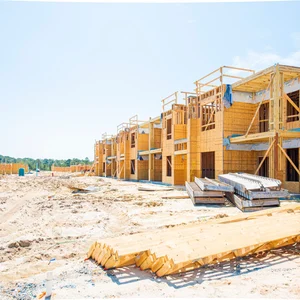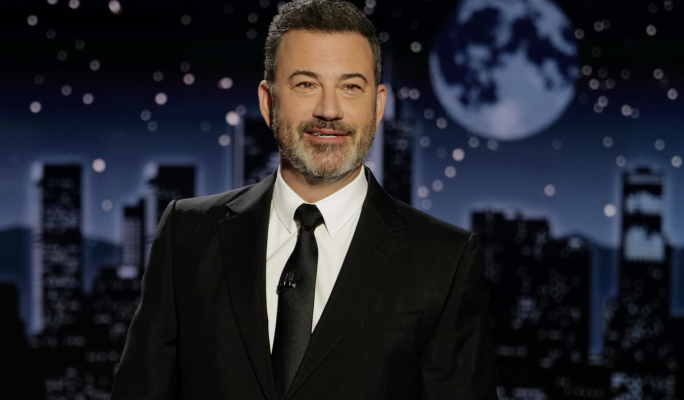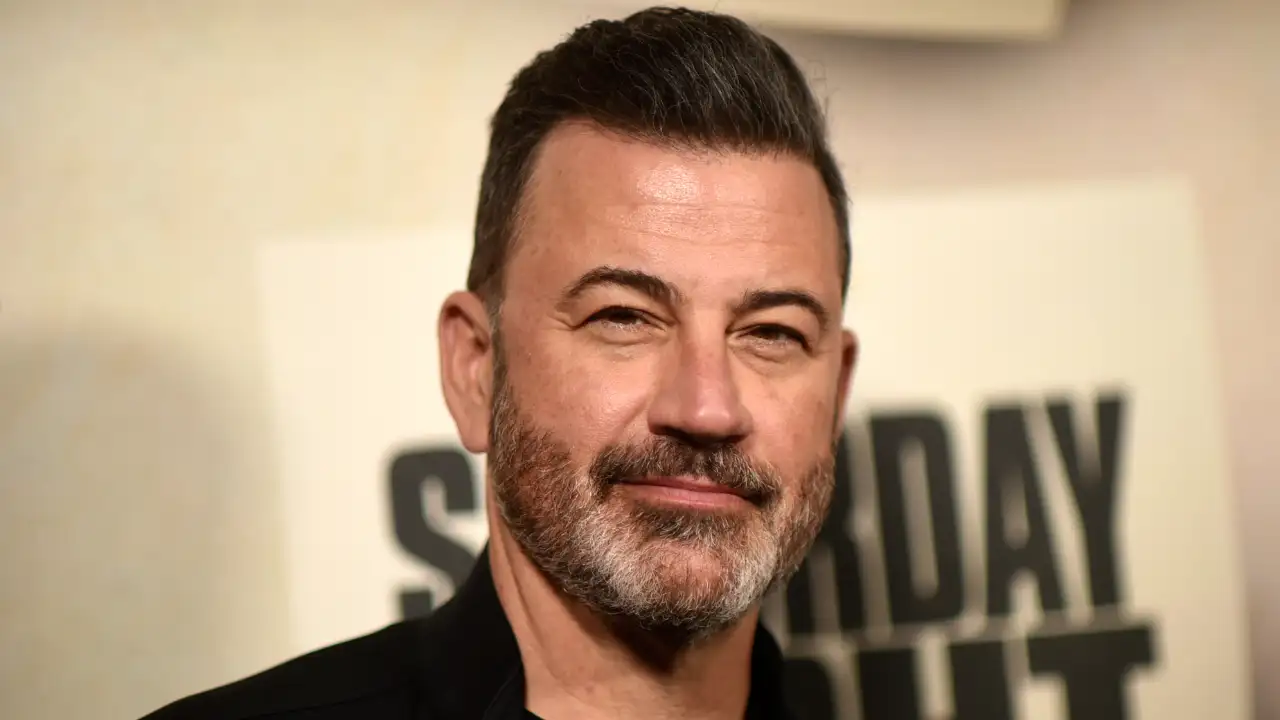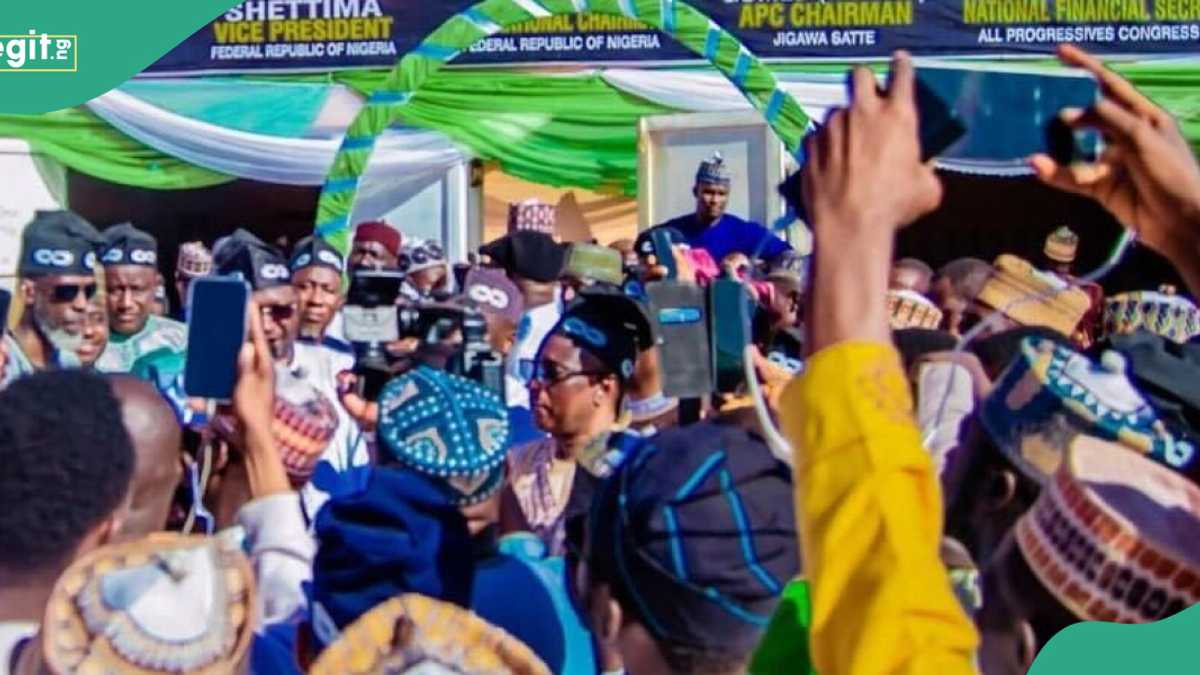‘The Israeli voice will continue to be heard’: How one Israeli woman is changing the narrative in Arabic
By Alexandra Lukash, Ofir Hauzman
Copyright ynetnews
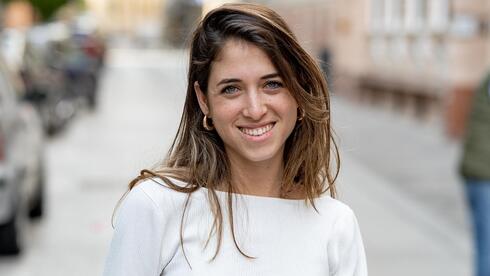
The suffocating, overcrowded bomb shelter wasn’t exactly the place she had imagined launching her career as a social media influencer. But when sirens wailed last April and Iranian missiles struck Israel, causing significant damage, Herut Davidson, 28, decided she could no longer remain silent. Armed with fluent spoken and literary Arabic that would impress even a Shin Bet officer, she launched a digital public diplomacy campaign. “We’re being attacked by bombs that endanger Palestinians just as much. We’re under assault by a Shiite regime that poses a threat to the entire moderate Sunni Arab world—and still, we’re the ones hated and blamed,” she says, her voice a mix of anger and pain. “The Sunni-Shiite conflict is far older than the Israeli-Palestinian one. I didn’t expect them to be on our side in general, but I did hope they’d be able to see the full picture, in all its complexity.” The true turning point came on Oct. 7, the day war broke out. Davidson was vacationing in New York at the time. Instead of continuing her trip, she chose to volunteer with pro-Israel advocacy groups for locals. That overseas perspective opened her eyes to how Israel is perceived globally. When she returned home, she began following Arabic-language content pages and was stunned by the volume of distortions and outright lies circulating online. At that point, she decided to move from passive observation to active engagement. “My name is Herut, and I’m a Jewish Israeli,” she began in fluent Arabic in the first video she filmed from her building’s shared bomb shelter. “I posted the first video on TikTok, so that if it flopped, my friends wouldn’t see it—because none of them use TikTok.” The video garnered zero views—exactly what she had feared. But within a week, everything changed. Her pages went viral, racking up more than a million views. The success wasn’t a one-off. Months later, her social media channels continue to draw an enthusiastic following from across the Arab world. “There’s not a single Arab country I haven’t received at least one message from,” she says with a smile. “People write to me privately saying they support us and really like what I’m doing. They apologize for not being able to say so publicly.” What was the most surprising positive response you received? “A man from Jordan wrote to tell me he really likes Jews and Israel. He said he couldn’t post publicly because he fears for his life and his family’s, but he wanted me to know that what I’m doing is important. Someone else from Gaza wrote that the war is entirely Hamas’ fault and that the world doesn’t understand what it’s like living under a terrorist organization.” How do these responses make you feel? “They’re refreshing and encouraging, especially amid all the hate messages. In a world where people insist on blaming only one side in this war, accuse us of genocide and refuse to acknowledge that Hamas is a vile terrorist group with no regard for human life, it means a lot.” Among the usual accusations, some even make her smile. “People accuse me of being Shin Bet—it’s actually very flattering,” she adds with a grin. “It means they’re impressed with my Arabic.” ‘I wasn’t raised to hate’ Davidson’s journey from a small community in the West Bank to millions of views on global social media platforms was long and winding. “I was born in Peduel, and until the age of 18, I didn’t know anything beyond the community I lived in and the neighboring ones—certainly not the Arab society,” she says. “Growing up in Samaria isn’t easy. Being aware of terrorism at such a young age, surrounded by people who had experienced terrible things—it’s something I only realized the absurdity of when I got older. That awareness became part of me, and it still guides every decision I make.” Can you explain that? “I wasn’t raised to hate others, but naturally, there was a significant distance between us and our Arab neighbors. The absurdity is that despite being just a few feet apart, I knew nothing about them and they knew nothing about me. Maybe that lack of knowledge is what sparked my curiosity about them.” A turning point came when she chose her national service placement. “I served at a Jewish-Arab school in Jaffa. I chose it because I wanted to be exposed to a population that was completely new to me. In my view, one of the goals of national service is to get to know different segments of Israeli society.” How did that year in Jaffa affect you? “It changed me completely. I realized there’s a deep social complexity here between two peoples living side by side, and you just can’t ignore it. During that year, I also decided I wanted to properly learn Arabic. It didn’t make sense to me that I live in the Middle East and can’t understand, speak, read or write the language of the region. I believe that if all of us learned Arabic, and if all the Arabs living here learned Hebrew, life here would dramatically improve.” That path led her to pursue Middle Eastern and Islamic studies. Four intensive years of undergraduate studies – deep Arabic coursework, immersion in Arab culture and an understanding of the region’s geopolitical complexity – prepared her for the role she now fills, entirely on a volunteer basis. “In the end, you could say that growing up in Samaria led me to all of this. It was one more stop along the way that helped me grasp the broader contours of the Palestinian narrative. Even after I left the area, I kept studying it until I had a relatively complete picture.” A young female voice in Israeli public diplomacy Davidson sees herself as a complementary voice in the largely absent landscape of Israeli public diplomacy – a voice offering a different perspective from the conventional narrative. Her messages go beyond political slogans and aim to provide a more nuanced understanding of Israeli reality. “I think it’s important to show the diversity of the Israeli people, to highlight the disagreements and the fact that not everything is black and white,” she explains. “I want the Arab world to understand that the situation here is layered with history, religion, culture and society. That Zionism is, first and foremost, a redefinition of Jewish society, and its purpose is not about the Palestinians. That Israeli society has a strong social conscience, and there are many people here who are genuinely committed to doing good.” Her workplace, the nonprofit HaTashtit, perfectly reflects the message she strives to share in her videos. “The organization provides strategic support for other nonprofits, and through it, I discovered just how many organizations exist here, and the high caliber of people with good intentions. I think that’s our strongest card as a people and a country, the ability to initiate, mobilize, create and see others as part of the whole.” Should the IDF’s Arabic spokesperson start worrying? “I would never compare myself to Lt. Col. Avichay Adraee he’s widely respected and does amazing work. I think what makes my advocacy unique is the different voice I bring: that of a young Israeli woman speaking Arabic on equal footing, not trying to dictate or prove who’s right. My goal is to explain and share our side openly and sincerely this is my identity, this is my story. Listen to me, and I’m listening to you too.” One message she insists on conveying to her Arab audience concerns Israel’s unique democracy in a region where such systems are rare. “It’s really important to me to show that there is a sane, moderate Jewish-Israeli voice that speaks the language of the Middle East. I want people to know that not all settlers throw stones, and not all Kaplan protestors want to topple the government. Sometimes, even we forget that message ourselves.” How do you explain Israeli democracy in a way the Arab world can understand? “First, I explain that we’re the only democracy in the Middle East. Then I give concrete examples to make it clear. For instance, when the roads were blocked during protests calling for the release of the hostages last week, I explained that in a non-democratic country, this would be seen as an attempt to overthrow the regime. In such places, protests are a sign of internal weakness, a government that can’t hold its citizens together. But in a democracy, it’s the opposite. Demonstrations are a symbol of a state’s strength, of its democracy, and of a citizen’s basic ability to exercise their right to express themselves freely.” As an Israeli living in the Middle East who speaks Arabic, Davidson understands the deep perception gap between the two sides. “The Arab world views Israel through a Middle Eastern lens and misunderstands us, just like we often misinterpret Arab countries through a Western lens,” she explains. “Because I live here and speak Arabic, I feel I can tell our story from the inside, and that makes a difference.” How do you choose which topics to cover in your videos? “It’s important for me to stay current and respond quickly to what’s making waves online. When images of sick children were circulated as part of Gaza’s hunger propaganda campaign, I immediately posted a response video. I focus a lot on the hostages, the Oct. 7 attacks, terror against Israelis and the rocket fire on communities near Gaza over the past 20 years.” No less important than the topics she chooses is the tone she uses with her Arab audience, one based on mutual respect and open dialogue. “I speak their language and encourage respectful conversation and replies. My goal isn’t to dismiss their feelings or their history,” she says. “It would be easy to focus on false claims and start arguing, but that’s not why I’m here. I’m here to explain our side.” What does that look like in practice? “Last week, I posted a story about Eden Yerushalmi, marking one year since the horrific tragedy in which six hostages were executed in a tunnel in Gaza. Someone replied, ‘What about the tens of thousands of Gazans who’ve been killed?’ I understand that response comes from real pain, so I answered, ‘My pain doesn’t cancel out yours. I shared a terrible story about a young woman who went out dancing and died tragically. We don’t always need to argue. What’s happening in Gaza is heartbreaking too.’” On days when there’s no urgent news, Davidson focuses on videos about Judaism and Israeli life. “On Tisha B’Av, I joined the lamentations at the Western Wall and shared that experience with my viewers. Another time, I went on vacation to Ramon Crater and explained the geology of the crater.” “There’s a huge gap in knowledge across the Arab world when it comes to us. Someone once asked me what the difference is between Israel and Judaism, or whether there are Christians in Israel. Introducing people to our basic realities – our culture, our country, our day-to-day life – is a key part of public diplomacy. It shows that we have a life here and underscores the Jewish people’s connection to this land, a connection much of the Arab world denies.” Is a new video already in the works? “My next project might be the boldest yet, a video about the LGBTQ+ community in Israel. The fact that there’s a vibrant, open community here that can speak its truth out loud, that’s a very rare phenomenon in the Middle East.” Battling the algorithm The digital landscape, however, poses real challenges for Davidson in reaching an Arab audience. Each time she uploads one of her videos, she faces technological barriers that obstruct her efforts to get her message across. “TikTok is the worst,” she explains. “It has a clear agenda against pro-Israel content. It can block videos even if there’s nothing problematic in them, just because they support us. Once I uploaded a video showing how Hamas steals aid trucks, and just because a few seconds showed armed terrorists, TikTok reduced its visibility.” Instagram is slightly better, but still presents its own difficulties. “The algorithm is less strict, but any content that mentions war gets lower reach, and I can’t explain what’s happening here without talking about the war.” Despite the obstacles, each platform has its advantages. “Instagram allows for deeper discussions. The questions are more serious. But TikTok has incredible viral power. One video can reach millions, even if you don’t have followers. And in the Arab world, everyone uses TikTok, not just young people. So I have to be there.” These days, she uploads two to three videos per week and posts daily stories. “During the war with Iran, there wasn’t a day I didn’t post advocacy videos. The pace has slowed down a bit now, but the mission continues to show the Arab world that even in the face of antisemitism and tech restrictions, the Israeli voice will continue to be heard.” ‘Enough with the extremes’ Beyond the expected political criticism, Davidson says there’s another kind of feedback that cuts deeper. “I don’t get rattled by political attacks I knew what I was getting into. What’s been harder are the comments mocking my accent,” she admits. “I learned a language I didn’t know from scratch, and I’ve invested years of work into it. So I don’t have a perfect accent, so what? Who does, in a language they didn’t grow up speaking and started learning relatively late?” How do you deal with those kinds of responses? “I decided my accent is part of who I am, and that’s that. If I had waited for everything to be perfect, I never would’ve launched my pages or shared my videos. People can keep laughing, there are still those who correct my spelling mistakes sometimes.” From her family and friends, though, she receives unwavering support. “They really back me and appreciate what I’m doing. At first, they were a bit concerned about me going public in front of an audience that’s mostly unsympathetic to us. They were afraid I’d get hurt. I understand their fear, but I feel like I’m doing the right thing.” And how does the Israeli public respond to your videos? “I get a lot of interesting feedback,” she says with a laugh. “People often ask how I learned Arabic. Some even throw in compliments like, ‘I wish I could speak like that.’ And, of course, I get questions like: ‘Wait, are you doing this from the right or the left?’ ‘Do you see them as the enemy, or are you into coexistence?’ ‘Whose side are you on?’” Tough questions. “They’re mostly just frustrating. Why does wanting to bridge divides make me a leftist, and saying Hamas is the main cause of the war make me a right-winger? We have to let go of this black-and-white thinking. There’s a strong, moderate voice in this country let’s unite around that, and let’s make sure the world hears it too.” She believes internal polarization harms Israel’s image abroad. “We know that our own division weakens us not just internally, but in the eyes of enemy states too. Look at all the good here, at the massive tech companies we’ve built. In my work with HaTashtit, I meet nonprofits and social initiatives whose sole purpose is to help others and contribute to society. We have an amazing and rich culture that we should be proud of. I wish we’d focus more on what unites us and the good in us, instead of the bad.” Were there moments when you thought of stopping? That you felt discouraged, or like you couldn’t explain what was happening? “No. Not even after receiving unpleasant comments. Honestly, it’s the opposite I’m constantly surprised by the positive feedback that comes from the most unexpected places. From people who show support and help me realize that recognizing someone else’s identity doesn’t erase mine it just creates a better reality.”
